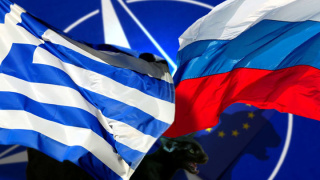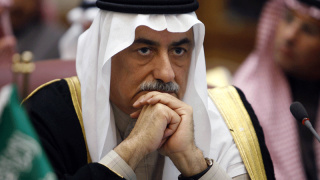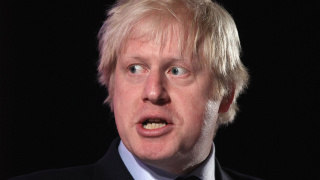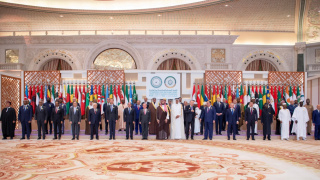Why Saudi Arabia Must Push OPEC To Extend Production Cuts
Since the Saudi Aramco deal is so vital to the future of that economic reform package, Saudi Arabia may be willing to overlook poor compliance with a production cut agreement from other participants, such as Russia, or will refrain from aggressively pushing Iran, which is exempt from the current production cut measure, to limit its production should it join the deal. But that doesn't mean Saudi Arabia will not be aggressive about trying to coerce other OPEC members to extend the production cuts. It simply cannot afford to allow the production deal to expire. Its efforts would receive a boost if other producers follow suit. Many of its Gulf Cooperation Council allies, including Kuwait, have also expressed the need to extend the deal. Additionally, many of the supply hawks within OPEC, such as Venezuela, remain supportive of an extension.
The biggest area of concern for Saudi Arabia over oil production remains compliance by Russia. The country had agreed to trim production over time to reach 300,000 bpd, the second-highest figure by any producer in the deal, and although it has not yet hit that mark, it is ahead of schedule in implementing cuts. That said, the lion's share of Russia's cuts have been shouldered by Rosneft, which alone has trimmed output by 83,000 bpd, representing roughly two-thirds of Russia's cuts in production.
Rosneft has consistently lobbied for Russia not to be involved in any agreements and earlier this month noted that it had concerns about extending the deal because other of the country's producers have not fulfilled their promises. This is likely a message from the oil giant's chief, Igor Sechin, aimed squarely at rival Russian producers, warning them to get on board because Rosneft will not increase its share. Rosneft is likely leveraging its participation in the cuts to exact concessions from the Kremlin on a string of other issues (such as taxes and assets control). Should Rosneft oppose extending the deal, Russia's overall involvement would decline entirely. If Russian participation wanes, it would be a huge blow to Riyadh, which is competing with Russia for market share in places such as China.
Nevertheless, it is clear what Saudi Arabia's optimal outcome is. Saudi Energy Minister Khalid al-Falih has his work cut out for him over the next two months as he strives to extend the production cut deal in the face all of its complications.
Source: Stratfor.










